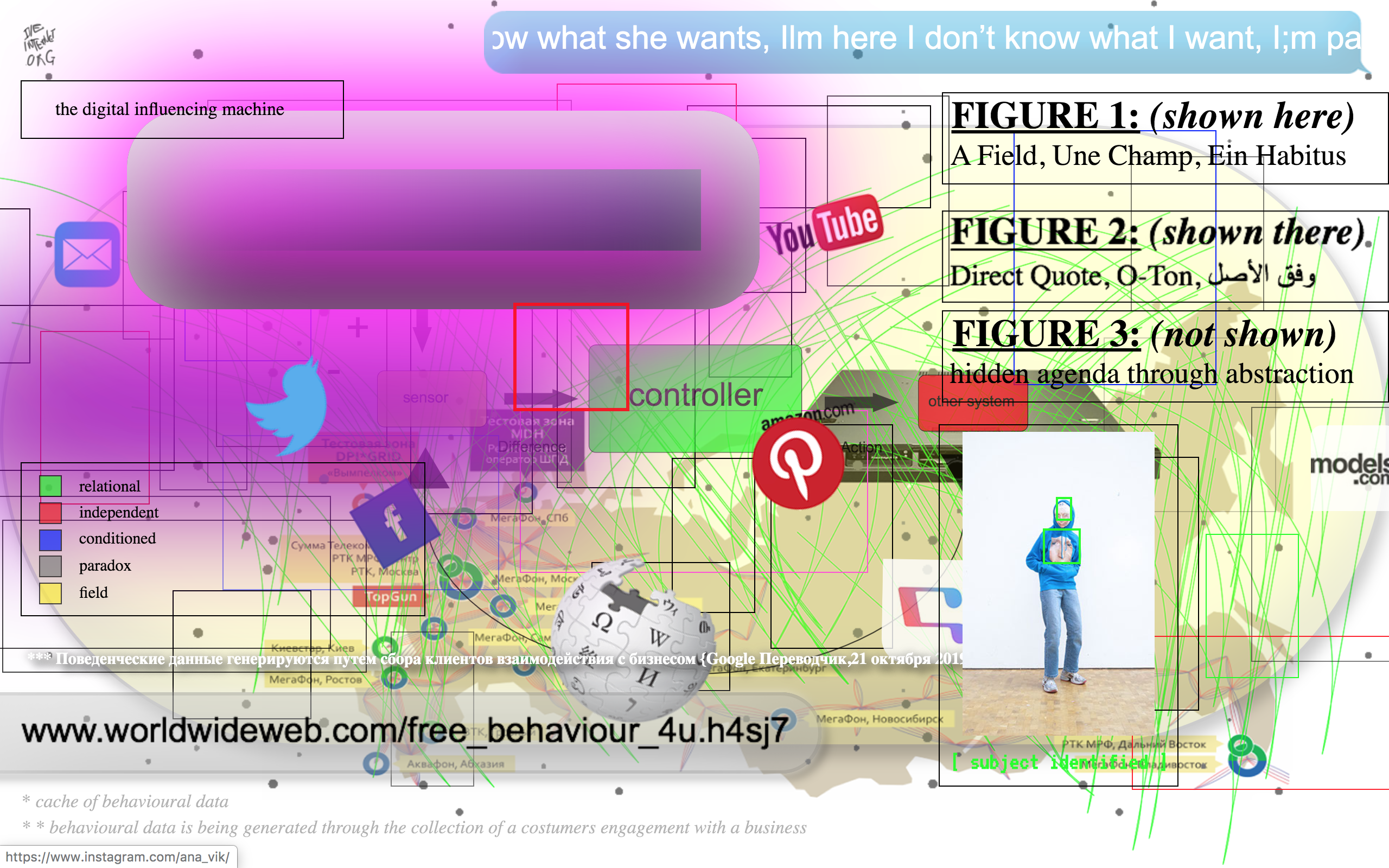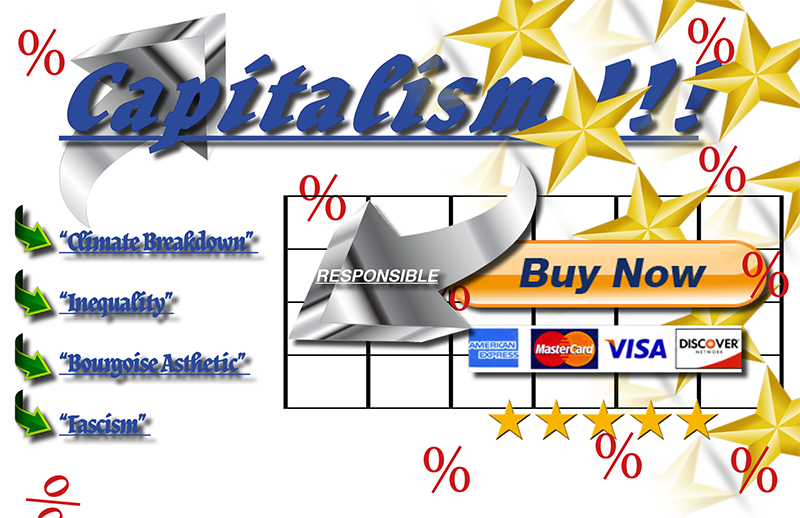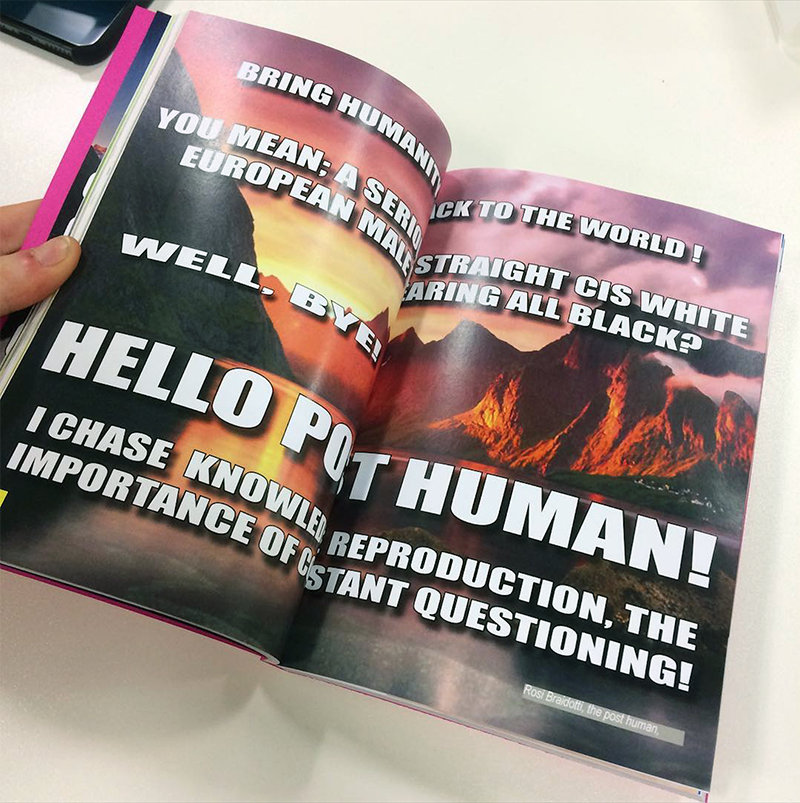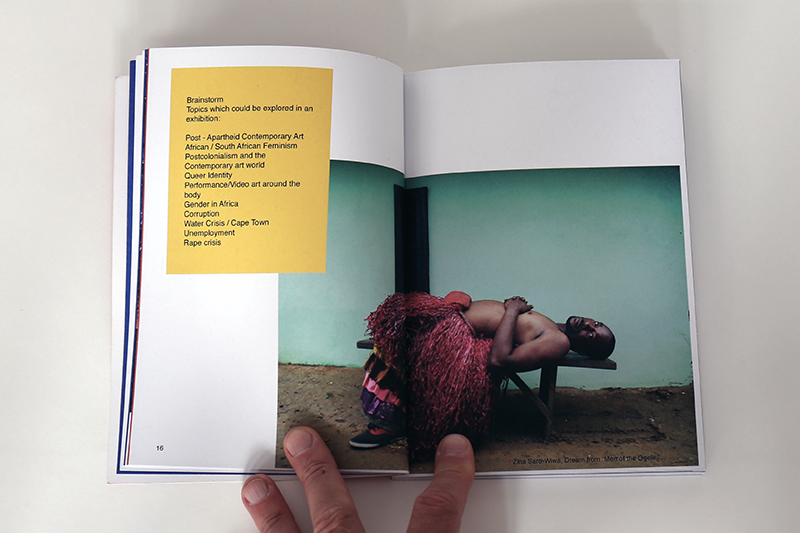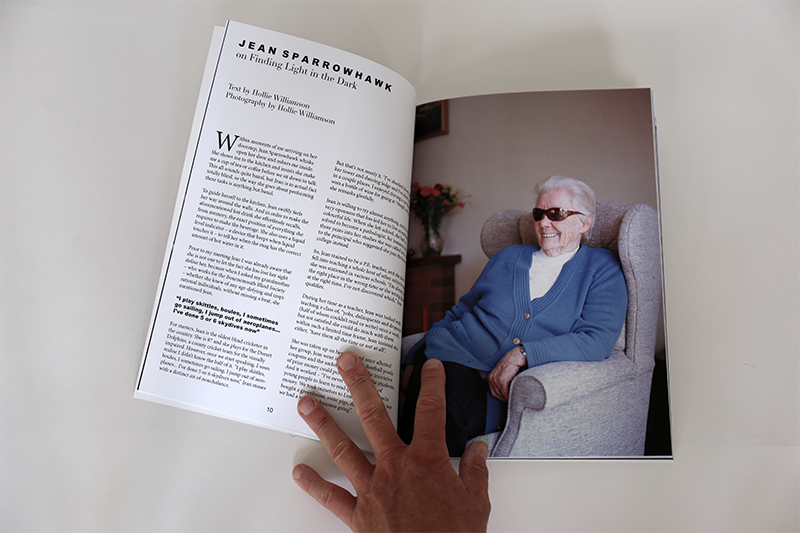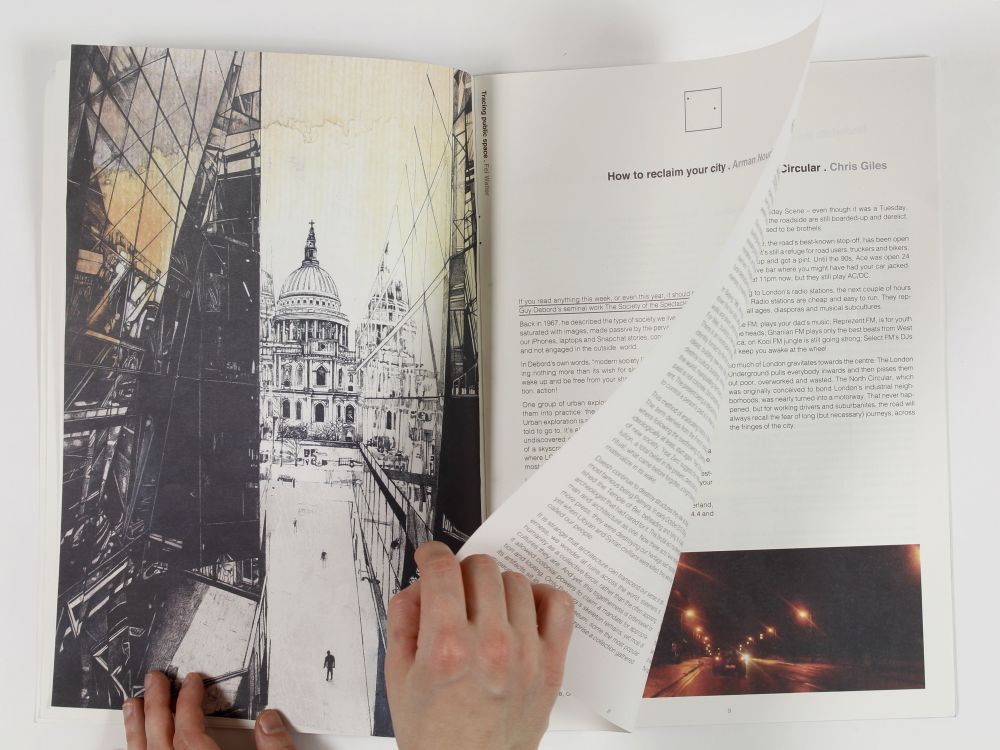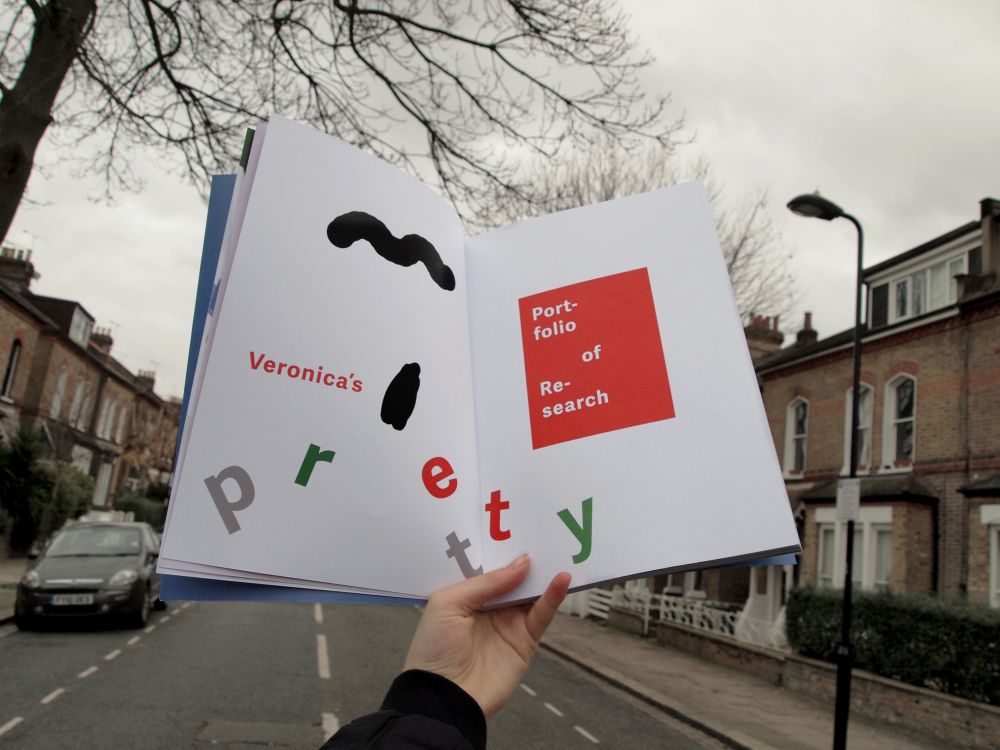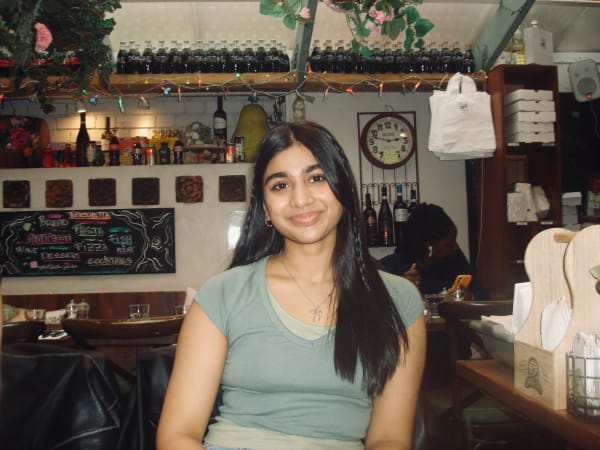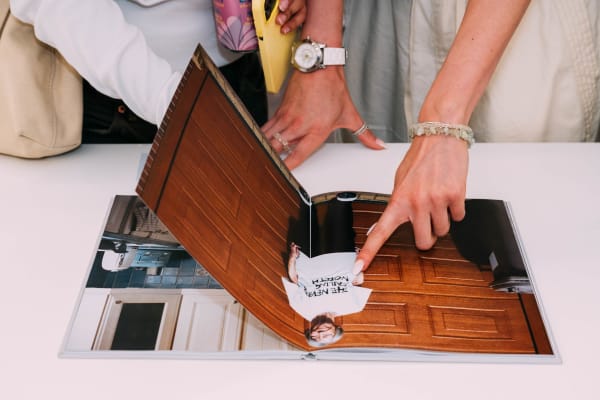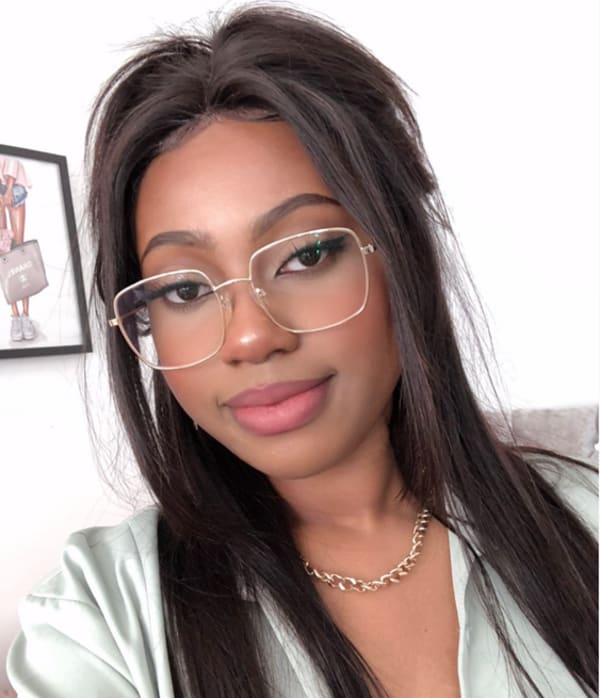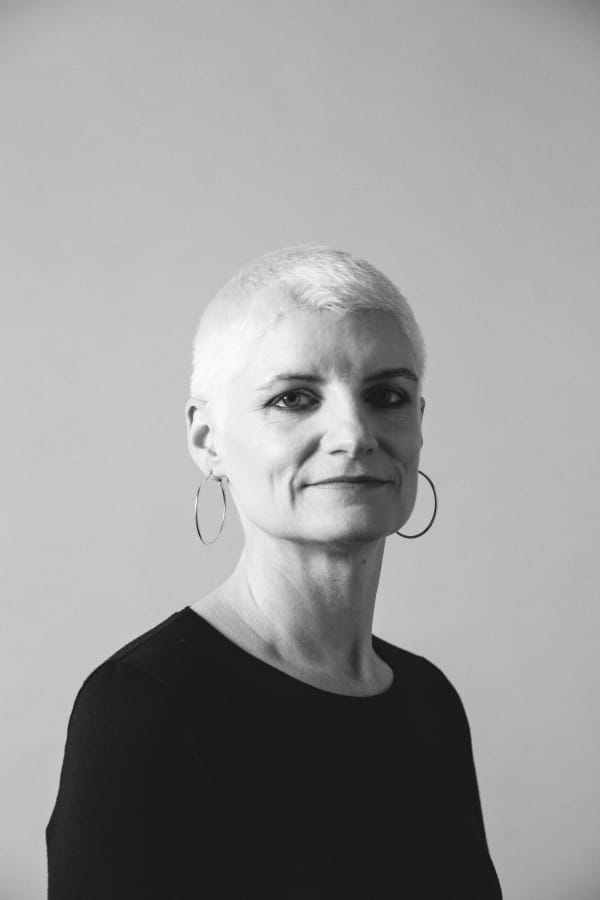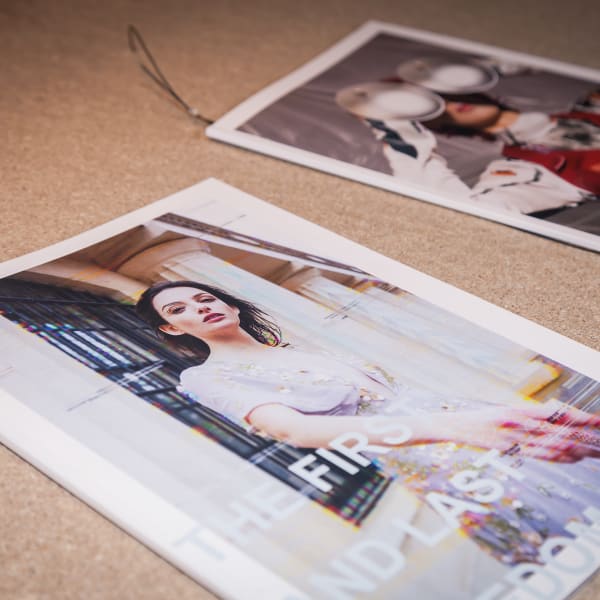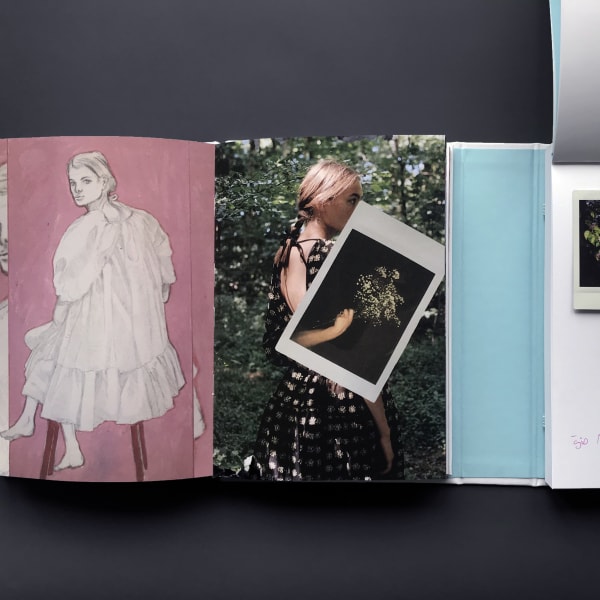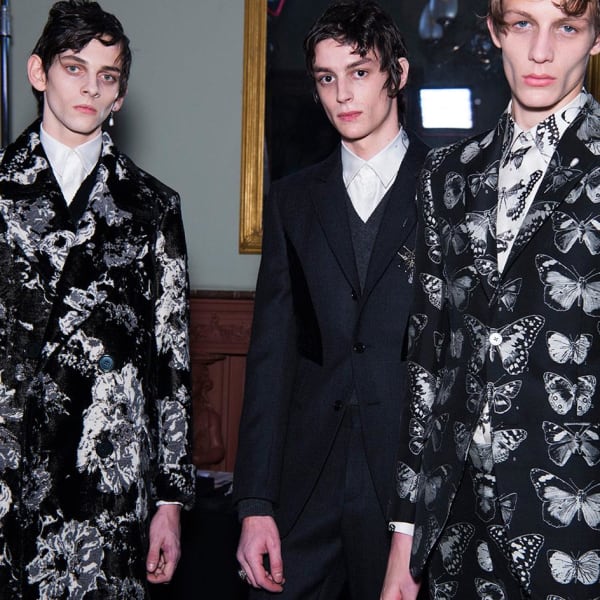Course units
You will be required to complete 360 credits at levels 4, 5, and 6 to be awarded the BA (Hons) Critical Practice in Fashion Media.
After achieving 120 credits at level 4 you can opt to be awarded CertHE.
After achieving 240 credits (to incl. minimum of 120 at level 5) you can opt to be awarded DipHE.
After achieving 360 credits (to incl. minimum of 120 at level 5 and 120 at Level 6) you will be awarded BA (Hons).
Stage 1 (Level 4)
The units you will study in Year 1, Stage 1, Level 4 are as follows:
- Introduction to Fashion Communication (20 Credits);
- Hybrid Narratives (40 Credits);
- Fashion Cultures and Histories (20 Credits);
- Better Lives (20 Credits);
- Critical Collaboration (20 Credits).
Stage 2 (Level 5)
The units you will study in Year 2, Stage 2, Level 5 are as follows:
- Critical Issues in Fashion Research (20 Credits);
- Speculative Futures (20 Credits);
- Inside the Industry (20 Credits);
- Situating Your Practice (20 Credits);
- Critical Climate (20 Credits);
- Spaces of Experience (20 Credits).
Optional Diploma Year
CCI Creative Computing
Between years 2 and 3, you can undertake the year-long Diploma in Creative Computing. This will develop your skills in creative computing alongside your degree. After successfully completing the diploma and your undergraduate degree, you’ll graduate with an enhanced degree: BA (Hons) Critical Practice in Fashion Media (with Creative Computing).
CCI Apple Diploma
Between years 2 and 3, you can undertake the year-long Diploma in Apple Development. This will give you an opportunity to become an accredited apple developer alongside your degree. After successfully completing the diploma and your undergraduate degree, you’ll graduate with an enhanced degree: BA (Hons) Critical Practice in Fashion Media (with Apple Development).
Industry DIPS
This optional diploma can be taken between years 2 and 3. With support from your tutors, you’ll undertake an industry placement for a minimum of 100 days/20 weeks. As well as developing industry skills, you’ll gain an additional qualification upon successful completion.
Enterprise DIPS
This optional diploma can be taken between years 2 and 3. With support from your tutors, you’ll undertake an enterprise placement year where you will explore a business idea from proposal to minimal viable product (MVP). As well as developing enterprise skills, you’ll gain an additional qualification upon successful completion.
Stage 3 (Level 6)
The units you will study in Year 3, Stage 3, Level 6 are as follows:
- Research and Development for Critical Practice (20 Credits);
- Cultural and Historical Studies Dissertation (40 Credits);
- Critical Practice (40 Credits);
- Portfolio (20 Credits).
A 20‐credit unit is approximately equivalent to 200 hours of learning time, which includes a mixture of taught time, independent study and assessment.
All students are entitled to a tutorial package that consists of:
- three personal tutorials per year for the duration for their course of study at LCF;
- unit tutorials as required;
- unit group tutorials as required;
- an appropriate level of confidentiality.
